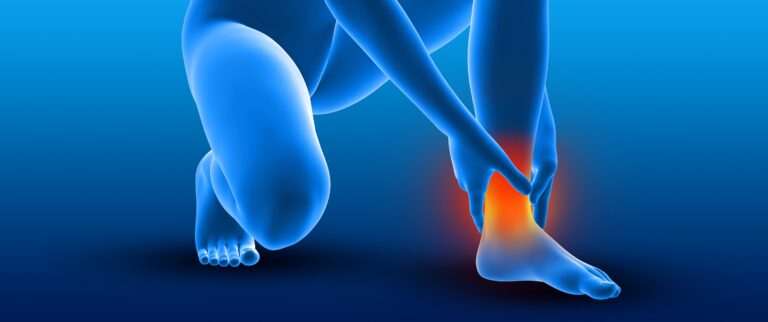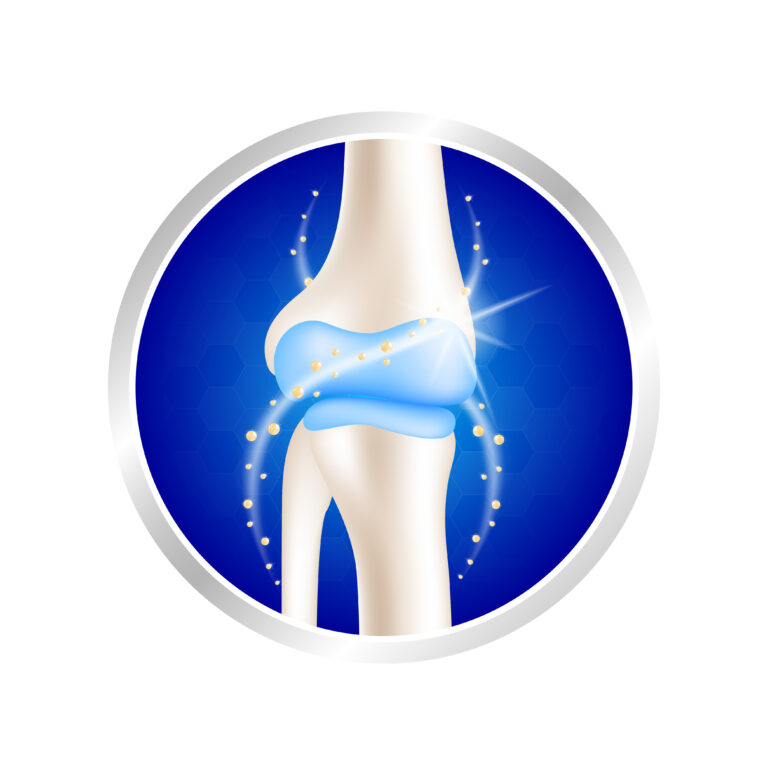Calcium is often hailed as the cornerstone of bone health, playing a vital role in maintaining bone strength and density. As such, it’s no surprise that many people turn to calcium supplements in their quest for optimal skeletal health. However, while these supplements can provide benefits, they also come with potential drawbacks that warrant careful consideration. Let’s delve into the complex relationship between calcium supplements and bone health.
- Bone Density and Strength: Calcium is a key component of bone tissue, contributing to its density and strength. Adequate calcium intake is essential for building and maintaining healthy bones, especially during periods of rapid growth, such as childhood and adolescence, and later in life to prevent age-related bone loss. Calcium supplements can help bridge the gap between dietary intake and recommended daily allowances, ensuring that bones receive the necessary nutrients for optimal health.
- Reduced Risk of Osteoporosis: Osteoporosis, characterized by weakened and porous bones, is a significant concern, particularly among older adults. Calcium supplements, when combined with vitamin D, exercise, and other bone-healthy habits, can help reduce the risk of osteoporosis and fractures by maintaining bone density and integrity.
- Supplemental Factors: While calcium supplements can be beneficial, their effectiveness depends on various factors, including dosage, timing, and form. It’s essential to choose a supplement with the appropriate calcium content and bioavailability to ensure optimal absorption and utilization by the body. Additionally, taking calcium supplements with meals can enhance absorption, as stomach acid aids in calcium digestion.
- Potential Risks: Despite their potential benefits, calcium supplements are not without risks. Excessive calcium intake, especially from supplements, can lead to hypercalcemia, a condition characterized by high levels of calcium in the blood. This can contribute to kidney stones, vascular calcification, and other adverse health effects. Furthermore, some studies have suggested a possible link between calcium supplements and cardiovascular risk, although more research is needed to clarify this association.
- Nutrient Balance: Calcium supplements should be viewed as part of a comprehensive approach to bone health that includes a balanced diet rich in calcium-rich foods, such as dairy products, leafy greens, and fortified foods, along with adequate intake of vitamin D, magnesium, and other essential nutrients.
Disclaimer: The information provided in this blog post is for general informational purposes only and should not be considered professional advice. Before making any health-related decisions, consult with a qualified healthcare professional. The content is not a substitute for medical advice, and individual results may vary. The author and website are not responsible for any consequences arising from the use of the information provided. Use your best judgment and seek professional advice when needed.



